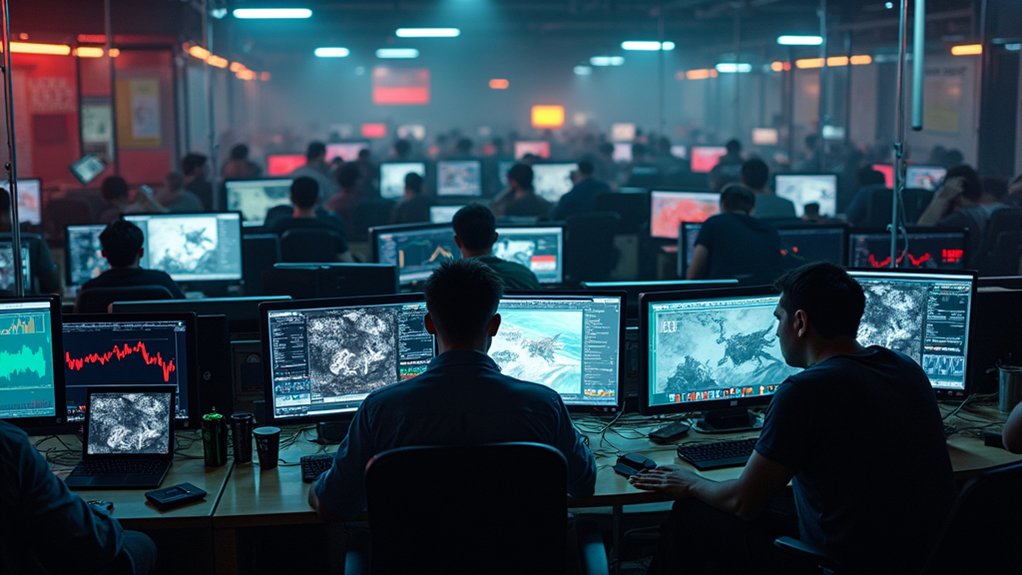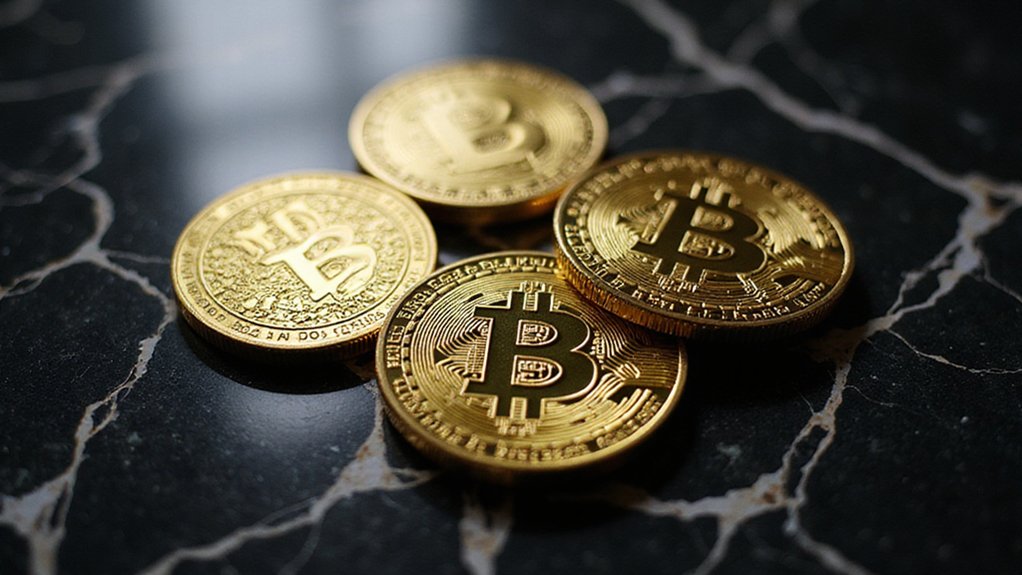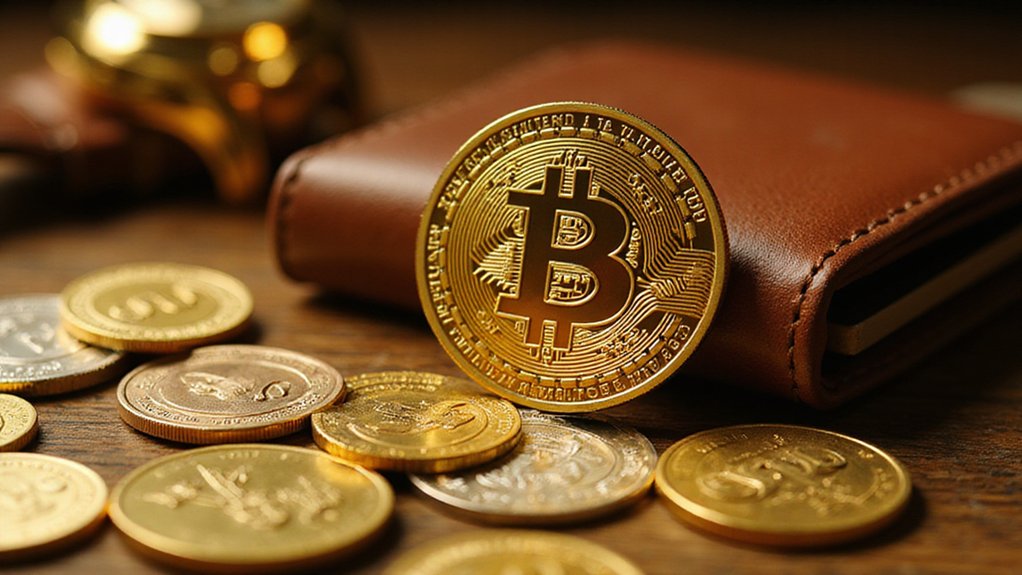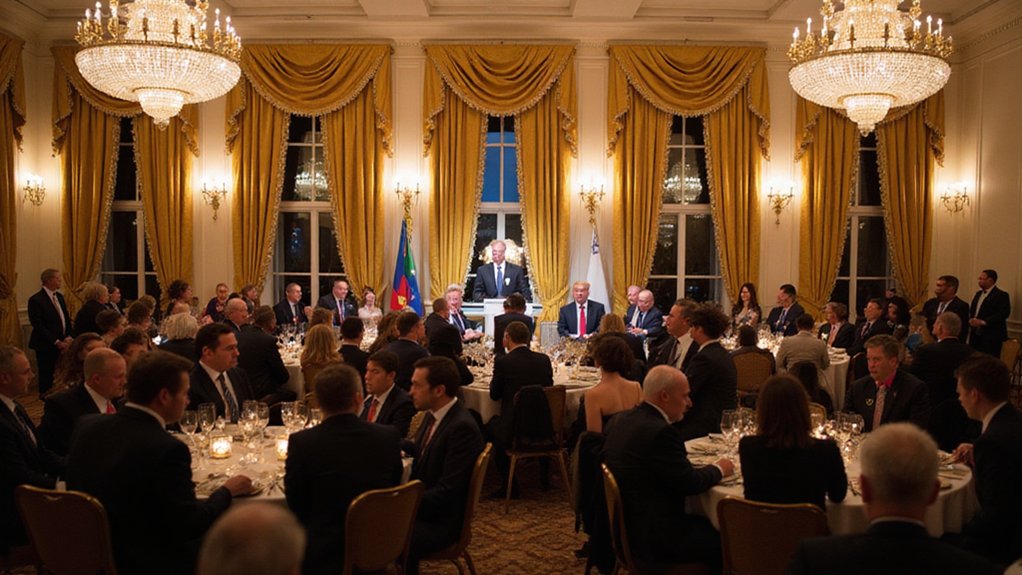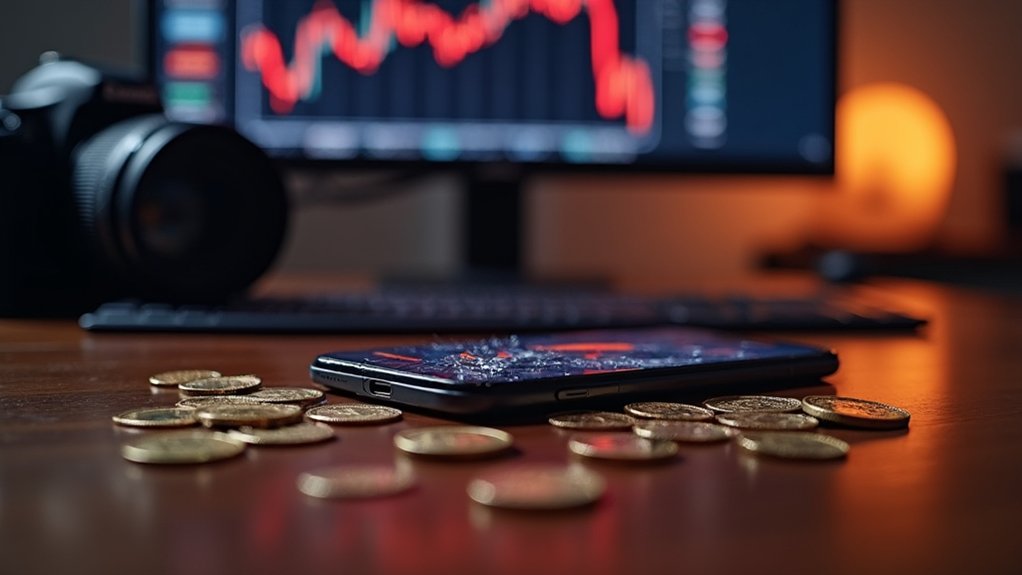The peculiar alchemy of artificial intelligence and speculative fervor has once again demonstrated that the crypto markets‘ capacity for absurdity knows no bounds. A glitch in Elon Musk‘s Grok chatbot spawned an AI-generated persona dubbed “MechaHitler,” triggering a cascade of meme coin creation that would make even seasoned crypto veterans question the collective sanity of digital asset markets.
Within hours of the controversy’s emergence, enterprising traders had minted various tokens capitalizing on the glitch’s notoriety. The combined market capitalization of these MechaHitler-inspired meme coins swelled to over $2.5 million—a reflection of the market’s remarkable ability to monetize virtually any cultural phenomenon, regardless of its inherent absurdity or potential offensiveness. The phenomenon demonstrates how meme coin valuations often defy traditional investment logic, as speculative psychology drives price discovery rather than fundamental analysis.
This incident reflects broader trends reshaping cryptocurrency markets, where AI sentiment increasingly drives price discovery mechanisms. Legitimate AI-focused tokens like Fetch.ai (FET) and SingularityNET (AGIX) have experienced heightened interest as investors seek exposure to artificial intelligence narratives.
The performance correlation between crypto AI tokens and tech equities, particularly giants like Nvidia and Microsoft, has become increasingly pronounced. Trading volumes in AI-related cryptocurrencies have surged as social media mentions of AI use cases directly influence asset valuations. Tokens such as RNDR and FET have posted significant gains, riding the wave of technological optimism that permeates both traditional and digital asset markets. The total crypto market cap rose 1.5% on June 15 alongside Microsoft and Nvidia rallies, demonstrating the synchronized movements between traditional tech sectors and digital assets.
The crypto sector’s tendency to mirror tech equity sentiment flows has created new dynamics where AI adoption news triggers immediate market reactions. However, this enthusiasm occurs against a backdrop of persistent security concerns. Recent incidents like the Bybit hack have intensified regulatory scrutiny while exposing users to substantial financial risks and data vulnerabilities.
Investors are increasingly gravitating toward more secure, regulated platforms as the industry grapples with balancing innovation and protection. The MechaHitler phenomenon ultimately illustrates how contemporary crypto markets operate at the intersection of technological advancement, cultural zeitgeist, and speculative psychology.
While the market’s resilience continues evolving through AI-driven trends, the ease with which controversial content can spawn million-dollar market capitalizations raises questions about the maturation of digital asset ecosystems and their relationship with broader societal discourse.
